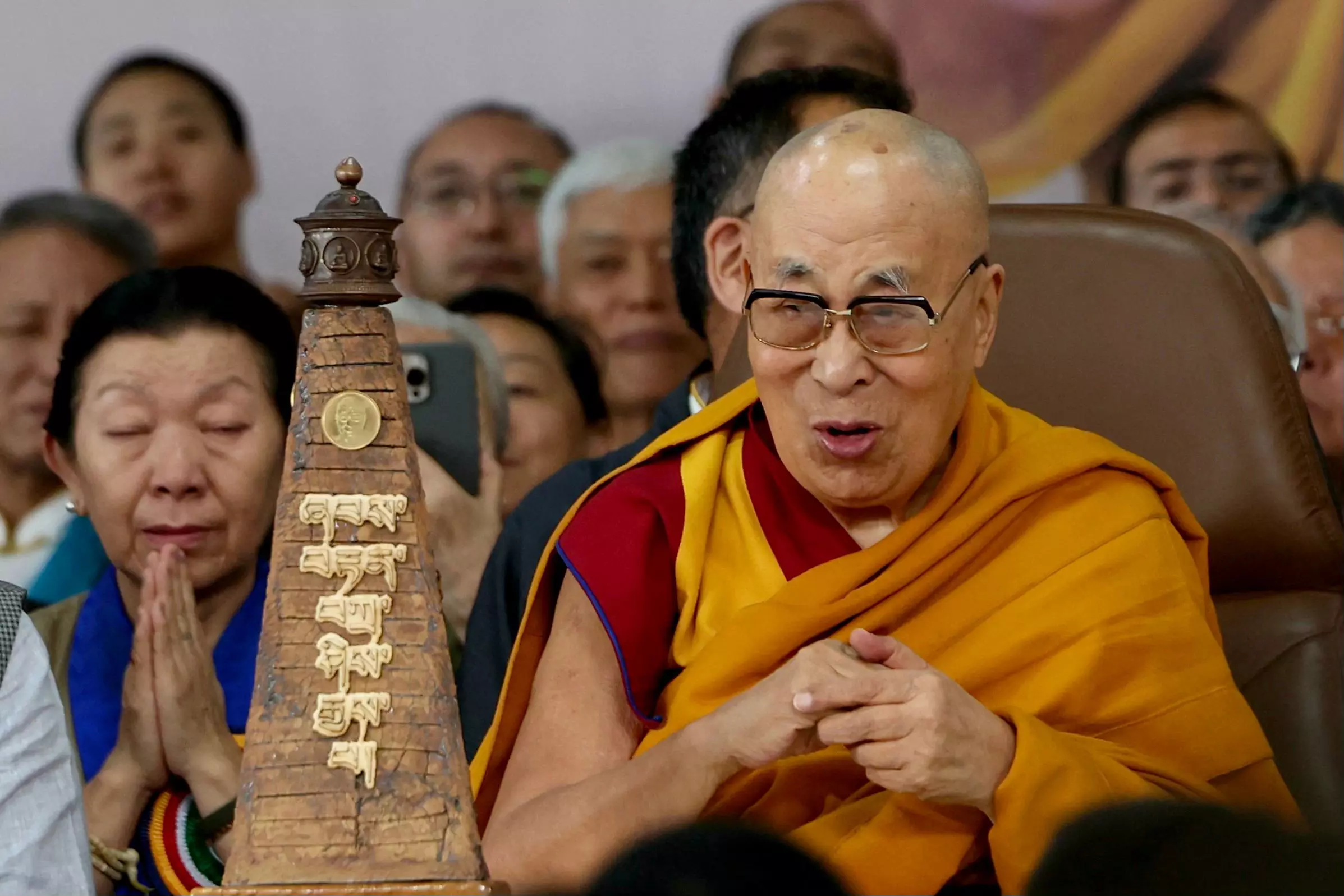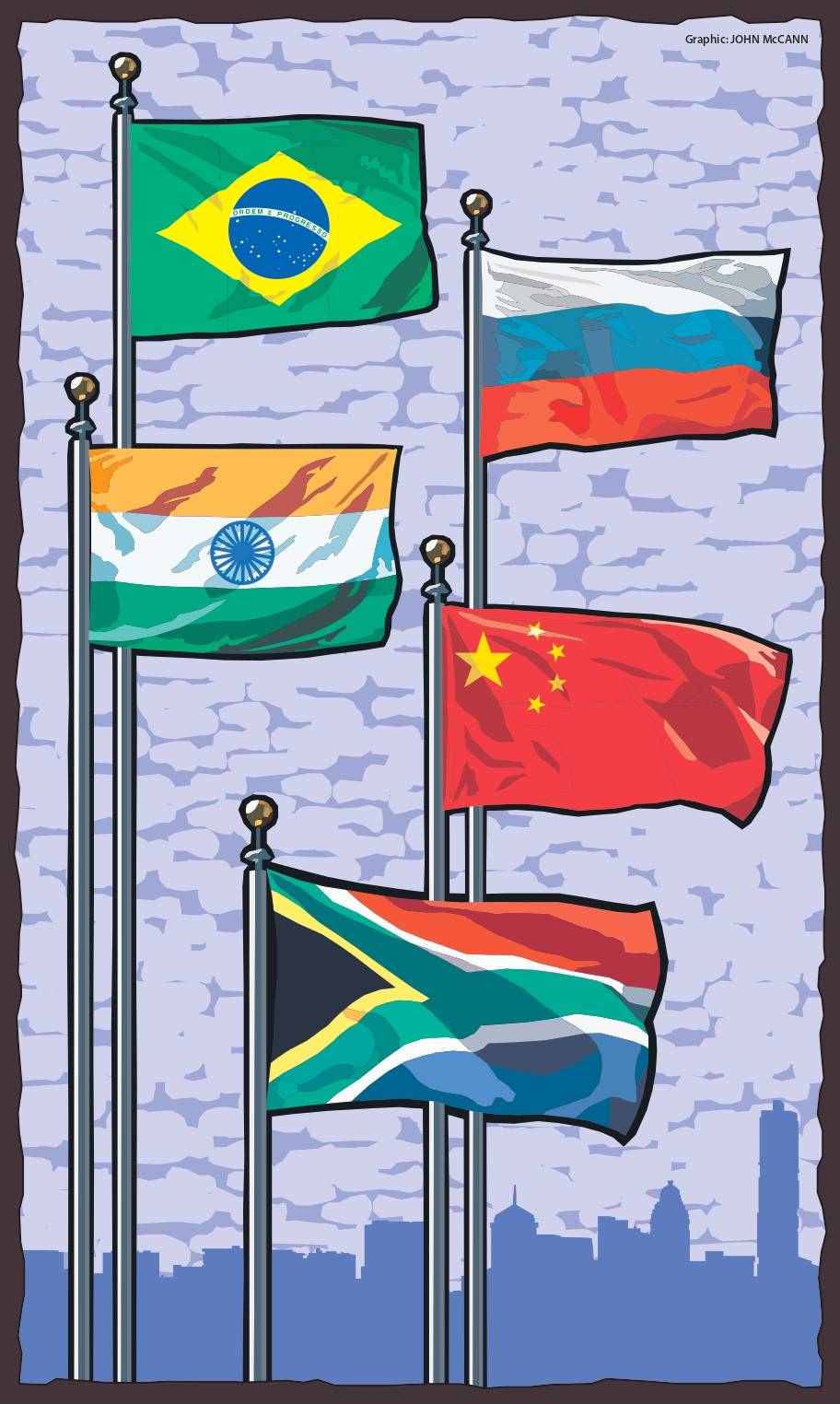Dalai Lama's 90th Birthday and Succession Discussions

His Holiness the Dalai Lama, the supreme spiritual leader of the Tibetan community, celebrated his 90th birthday on Sunday, July 6, in Dharamshala, India. The milestone brought both celebrations and renewed concerns among Tibetans and followers worldwide regarding his succession, with many anxious that the ancient tradition and institution might cease with his passing. However, the Dalai Lama offered reassurance during the week-long birthday festivities by announcing that his non-profit charitable foundation, the Gaden Phodrang Trust, will hold the exclusive authority to recognize his future reincarnation. This decision will be made in consultation with leaders of Tibetan Buddhist traditions, a move aimed at preserving the 600-year-old lineage. The Dalai Lama explicitly stated, “I am affirming that the institution of the Dalai Lama will continue,” thereby alleviating fears that had been fueled by his past suggestions in the mid-1970s that he might be the last to hold the role, or that the office might have outlived its usefulness.
These earlier statements had caused significant concern among Tibetans in India, who believed that the decision to reincarnate was not solely the Dalai Lama’s but rather a matter for the people of Tibet, given his status as a national institution. The Dalai Lama’s multifaceted role encompasses both spiritual leadership for the Tibetan people and a political one for Tibetans living under Chinese rule. He has consistently advocated for non-violence in his interactions with China and its presence in Tibet, promoting a "Middle Way" approach aimed at peaceful resolution of the Tibetan issue, fostering stability, and encouraging coexistence between Tibetan and Chinese peoples. This philosophy, deeply rooted in Tibetan Buddhist concepts of interdependence and non-violence, seeks to respect the fundamental rights of Tibetans, promote peace and security, and offer hope globally. While many admire his stance, more radical elements of the “Free Tibet” movement, which campaigns for an end to China’s occupation and recognition of Tibetan freedom, have expressed disappointment, viewing his approach as too lenient in pressuring the Chinese government for greater rights and autonomy.
Tibet maintained its independence until 1951 when it was annexed and integrated into the People’s Republic of China (PRC). Today, China administers western and central Tibet as the Xizang Autonomous Region, with eastern parts largely incorporated into autonomous prefectures within other Chinese provinces. India’s decision to offer sanctuary to the Dalai Lama and the 89,000 Tibetans who fled with him in 1959 established a complex diplomatic relationship with China, yet the presence of the Dalai Lama and his institution in Dharamsala has significantly enriched India. The Dalai Lama is also known for his practical outlook, having suggested that his successor might be chosen through non-traditional means, potentially as an adult to bypass years of traditional grooming. He has also championed women’s participation in Buddhism, identifying himself as a feminist who fights for women’s rights, a stance notably different from traditional Asian Buddhist practices.
His wisdom, wit, compassion, and efforts to unite leaders of various religious groups are widely recognized, culminating in his Nobel Peace Prize in 1989. During his recent birthday celebrations in Dharamshala, attended by thousands of devotees, including many red-robed monks and nuns, the Dalai Lama reflected, “When I look back on my life, I see that I have not wasted it at all. I live my life in the service of other sentient beings.” Escorted by monks, moving in a golf cart and then walking slowly, he greeted attendees, waved, and touched traditional white scarves, engaging warmly with those who approached him. The ceremony included speeches, songs, dances, and the serving of ceremonial rice, tea, and birthday cake, observed by an audience filled with awe, love, and reverence. Dignitaries, including Indian Prime Minister Narendra Modi and U.S. Secretary of State Marco Rubio, sent their wishes, praising his enduring symbol of love, compassion, and peace. Actor Richard Gere also attended, calling him "the most extraordinary man to ever walk on this planet."
The question of the Dalai Lama's reincarnation has become a point of contention between India and China. India, through Union Minister of Minority Affairs Mr. Kiren Rijiju, firmly countered China’s interference, stating that the reincarnation is to be decided by established convention, according to the Dalai Lama’s wishes, and that “nobody else” has the right to decide it. Mr. Rijiju emphasized the Dalai Lama’s role as the “most important and defining institution” for Buddhists, with both he and his cabinet colleague Mr. Rajeev Ranjan attending the birthday celebrations in Dharamshala. China, however, insists that the next Dalai Lama must be determined by a draw of lots from the Golden Urn and approved by the central government of China. Chinese Ambassador to India Mr. Xu Feihong reiterated Beijing’s stance, citing historical precedents where imperial dynasties conferred titles and granted seals for "Living Buddhas" to gain legitimacy. He noted that the 14th Dalai Lama himself was enthroned after receiving approval from the then-central government in 1940 and that the reincarnation process, under Chinese law, requires search and identification in China, lot-drawing from the Golden Urn, and central government approval, adhering to both religious rituals and historical conventions.












_1751880097.jpeg)